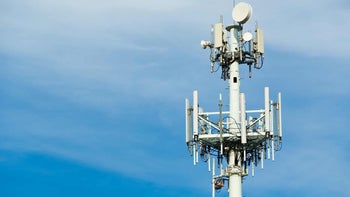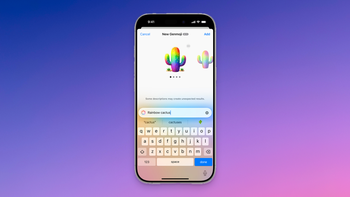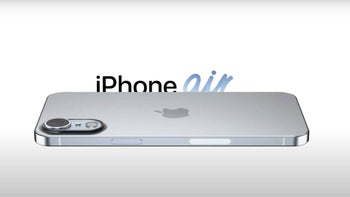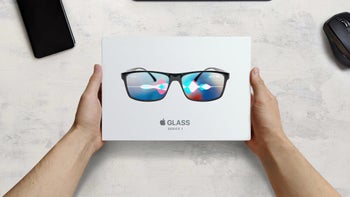The Apple Watch Series 10 hints at a potential display upgrade for future iPhones

Apple's latest Apple Watch Series 10 introduced a significant upgrade under the hood: a new low-temperature polycrystalline oxide (LTPO) thin-film transistor (TFT) technology in its display. This technological advancement, dubbed LTPO3, marks a notable improvement over the previous generation, LTPO2.
LTPO is a backplane technology that enables dynamic refresh rate adjustments in OLED screens. Essentially, it allows devices to adjust the screen's refresh rate based on the content being displayed, saving power while maintaining a smooth visual experience. For the Apple Watch, LTPO has been instrumental in enabling the always-on display feature.
While LTPO2 offered a refresh rate range of 1Hz to 120Hz, LTPO3 is a more incremental update. It promises further power savings and potentially opens the door for even higher refresh rates. This could mean smoother animations, reduced motion blur, and a more responsive user interface.
Given the success of LTPO in the Apple Watch, industry watchers are eagerly speculating about its potential integration into future iPhone models. If Apple decides to adopt LTPO3 for its iPhones, we could see a significant upgrade to the ProMotion display, possibly extending the refresh rate range to 240Hz.
That being said, our guess is that Apple wouldn't increase its phones' display refresh rate to such high numbers even if it did introduce LTPO3 technology to future iPhones. Such frame rates are arguably unnecessary, unless Apple thinks of a creative way to utilize them. It could mean, however, that users will be able to play games at frame rates higher than 120fps.
Samsung Display, a major supplier of iPhone screens, is reportedly involved in the LTPO OLED development project for the Apple Watch 11. This is interesting, because Samsung has not played a significant role in making Apple Watch displays up to this point.
The introduction of LTPO3 marks a step forward in display technology for Apple devices. Apple isn't typically the first to adopt new technology, and it has been notorious for being extra slow to adopt higher display refresh rates. It was not that long ago that the company finally introduced 120Hz displays with the iPhone 13 Pro and Pro Max, and even to this day non-Pro iPhones come with only a 60Hz refresh rate. Hopefully this news is a hint that the company is finally thinking of improving the standard iPhone models with smoother displays.
What is LTPO?
LTPO is a backplane technology that enables dynamic refresh rate adjustments in OLED screens. Essentially, it allows devices to adjust the screen's refresh rate based on the content being displayed, saving power while maintaining a smooth visual experience. For the Apple Watch, LTPO has been instrumental in enabling the always-on display feature.
iPhone's next frontier?
Given the success of LTPO in the Apple Watch, industry watchers are eagerly speculating about its potential integration into future iPhone models. If Apple decides to adopt LTPO3 for its iPhones, we could see a significant upgrade to the ProMotion display, possibly extending the refresh rate range to 240Hz.
Samsung's role in LTPO development
Samsung Display, a major supplier of iPhone screens, is reportedly involved in the LTPO OLED development project for the Apple Watch 11. This is interesting, because Samsung has not played a significant role in making Apple Watch displays up to this point.
The speculation here is that Samsung is entering this collaboration with the aim to equip itself with the expertise and capacity to produce LTPO3-based iPhone displays in the future.
The introduction of LTPO3 marks a step forward in display technology for Apple devices. Apple isn't typically the first to adopt new technology, and it has been notorious for being extra slow to adopt higher display refresh rates. It was not that long ago that the company finally introduced 120Hz displays with the iPhone 13 Pro and Pro Max, and even to this day non-Pro iPhones come with only a 60Hz refresh rate. Hopefully this news is a hint that the company is finally thinking of improving the standard iPhone models with smoother displays.













Things that are NOT allowed: